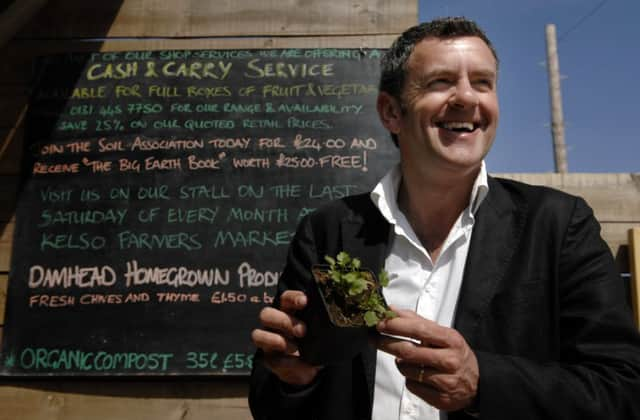Stephen Jardine: Why we can’t get enough coffee


New research from Stirling University suggests Britain’s love affair with coffee shows no sign of slowing down. But it wasn’t always like this. Twenty years ago, coffee came in a jar and the only variable was how many spoons you put in a cup.
I remember being in London with my parents and going to an Italian coffee bar near Fleet Street. To prove how cosmopolitan he was, my dad ordered a milky cappuccino. I was amazed by the froth on top and he was even more surprised by the large bluebottle at the bottom of the cup.
Advertisement
Hide AdAdvertisement
Hide AdThat was as exotic as coffee got, back then. Things changed with the arrival of Starbucks. Weaned on a diet of American TV soaps, we readily took to the idea of wandering around with a polystyrene cup in one hand and a glazed doughnut in the other. UK imitators like Costa and Caffé Nero quickly followed, but the real explosion in coffee culture came with the rise of the artisan independents.
CONNECT WITH THE SCOTSMAN
• Subscribe to our daily newsletter (requires registration) and get the latest news, sport and business headlines delivered to your inbox every morning
Just as craft beers have reinvigorated the licensed trade, so niche coffee houses with secret blends have pushed caffeine sales to remarkable levels.
The Stirling research showed Brighton is now the UK’s coffee capital, with residents spending an average of £177 per person on it each year.
Here in Scotland we’re not far behind and Edinburgh has seen the emergence of a range of popular local brands like Wellington Coffee, the Cairngorm Coffee Company and Artisan Roast.
What seems to be sustaining the success is the way coffee culture satisfies a wide range of markets.
From business customers looking for free meeting spaces and dependable wifi through to a youth audience escaping the pub and mums with toddlers, the coffee shop has managed to become all things to all people.
I must confess, I’m an addict who needs his first caffeine fix by midday at the latest. But one cup too many and the palpitations start and I’m cursing being in the thrall of a hot drink that costs two quid. And it’s just not just the cost, but time as well. I don’t want to think about how long I’ve spent queuing for an espresso while a bearded barista creates a single shot skinny decaff latte with goat’s milk and gingerbread crumbs.
Advertisement
Hide AdAdvertisement
Hide AdThat is not a coffee, it’s a lifestyle statement by people who have way too much time on their hands.
Despite that, I will in the queue again tomorrow. And that is the beauty of the coffee culture business model. We all know when we’ve had enough, but the next day we will all be back for more.
SCOTSMAN TABLET AND IPHONE APPS